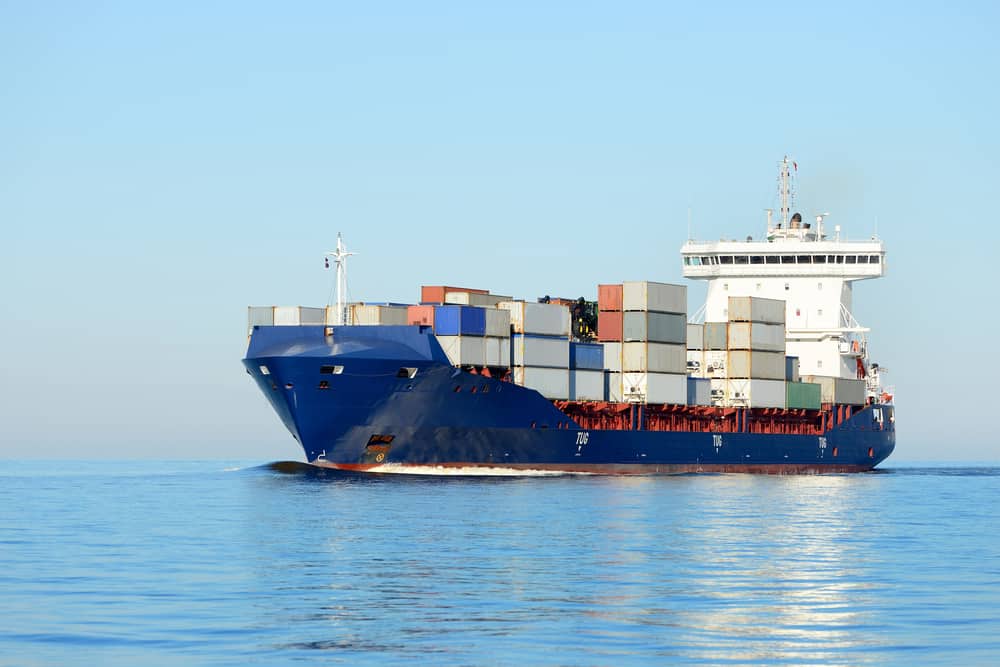Qatar, one of the major LNG exporters, is having delays in shipments to Europe. As a result, the government has rescheduled exports and notified European buyers of the interruptions, according to Bloomberg News. Since January 15, Qatar has been compelled to take longer travel routes due to the Red Sea war, which is characterised by missile and drone assaults from Houthi terrorists in Yemen. In particular, six shipments have been diverted around the Cape of Good Hope in southern Africa instead of the shorter Red Sea and Suez Canal routes.
According to traders who know the issue, Qatar is intentionally rearranging its global supply to fulfil its contractual obligations. This involves swapping for available shipments close to Europe and rerouting deliveries from other areas. According to Bloomberg ship-tracking data, the longer voyage times add about nine days to the trip to the UK.
Qatar continues to regulate its LNG exports despite the delays and rerouting. According to ship-tracking statistics, LNG exports from Qatar during the past two weeks have increased by almost 7% compared to last year.
Interestingly, the Red Sea conflicts have not caused much fear for the global gas market, as evidenced by the fact that European gas futures are still trading close to a six-month low because of substantial stocks, strong output from renewable energy sources, low industrial demand, and plenty of alternative LNG supply.
However, LNG providers have notified several European buyers—like Edison in Italy, that scheduled supply might be impacted. Without naming the provider, Edison announced that a shipment prepared for delivery at an Adriatic seaport from January 31 to February 5 will not be delivered.
Given the increased geopolitical risks and the interruptions to shipping in the Red Sea, Fitch Ratings predicts that the geopolitical premium will continue to exist in several commodity markets, including those for fertilisers, chemicals, oil, and gas. Although Fitch maintains the oil price premium, it cautions that there would not be much upside to the projected /bbl Brent price for 2024 unless there are significant interruptions to oil production or a further escalation of attacks on vital oil transport routes. Due to the prolonged crisis, many shippers and corporations like BP, Shell, and QatarEnergy have stopped using the Suez Canal. Instead, they are choosing to take other routes across Africa.
Reference: Bloomberg, Alarabiya






